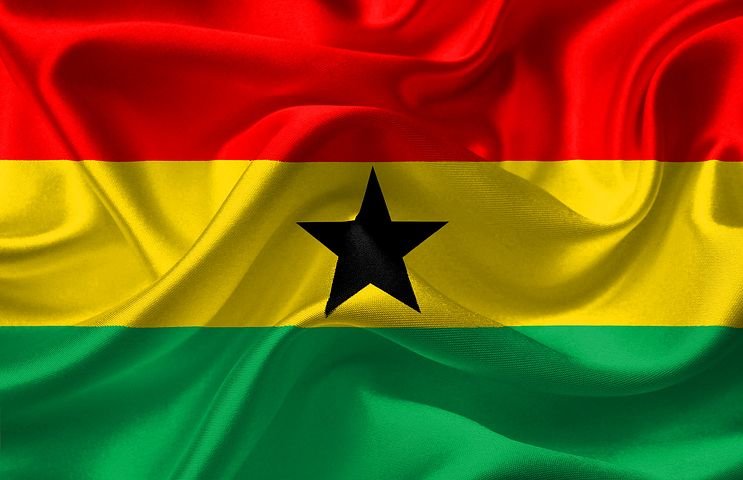In the previous article, we looked at the establishment of the first political party in the Gold Coast which served as a vehicle to gain political power from the British.
I brought to your knowledge how the leadership of the UGCC upon the advise of Ako Adjei, invited Kwame Nkrumah from Britain to come and be the Secretary of the party. Nkrumah who was inspired by the teachings of Gandhi and by the newly won Independence of the Asian Dominions, was very charismatic, a good public speaker who could really pull a lot of people to the rallies by virtue of his well orated speeches.
During Nkrumah's Secretaryship he toured the country together with Danquah (the leader of the UGCC), bringing together, many strands of public opinions, speaking at excited meetings such as the ex service military Union gatherings and addressing crowds of people especially youth groups who were boycotting the policies of AWAM as one Ga Chief and civic leader called Kwabena Bonne had suggested.
As events unfolded, Nkrumah traveled to salt pond to meet the leaders of the UGCC in January 1948, and to the surprise of members, he put forward a detailed plan for action. This included the establishment of a shadow cabinet, the establishment of UGCC branches in every town and village, with the local chiefs as patrons and the arrangement of weekend training courses for activists. He again proposed demonstrations, strikes and boycotts to support the demand for self government. Whereas some of the leaders were so excited about the suggested approach, others were apprehensive.
Nkrumah after that meeting, began touring the country, setting up new branches for the UGCC and collecting donations in order to put the UGCC on a sound financial basis.
It was quite evident in those early days, the aim, ideological and philosophical differences of the UGCC leadership and Nkrumah.
Nkrumah's modus operandi regarding actions to be taken against the colonial rulers were unfriendly and undiplomatic compared to the calm composure of most UGCC leaders. For example, the leadership of the UGCC intended to operate in the South, but not in Asante or the Northern Territories, while Nkrumah was determined that a political party should be country wide.
Let's pause here, digest this and stay put as I reveal to you, how events unfolded in the Part 2. Catch you later.
Thanks.
